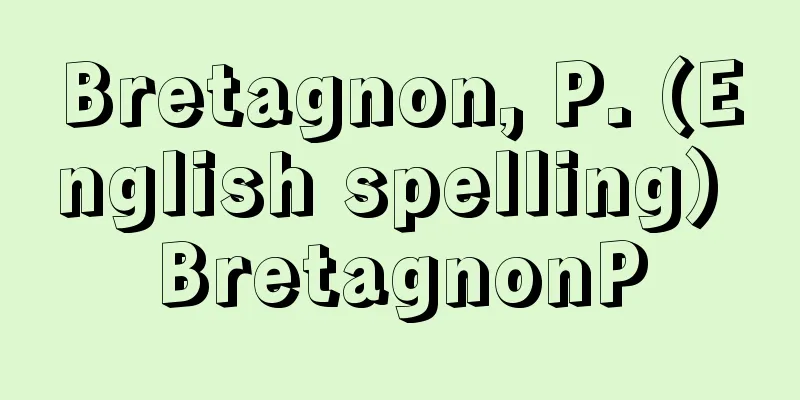Kruszewski, M.

|
… From [Slavic Studies]...The Croatian Vatroslav Jagić (1838-1923), who taught at the University of Vienna from 1887, also taught in Germany and Russia, promoting cooperation between researchers in the various countries. Russia produced such linguists and philologists as Fyodor Ivanovich Buslaev (1818-97), Aleksandr Afanas'evich Potebnya (1835-91), Aleksei Aleksandrovich Shakhmatov (1864-1920), known for his studies of chronicles, Aleksandr Nikolaevich Veselovskii (1838-1906), a literary scholar, and Aleksandr Nikolaevich Pypin (1833-1904), who wrote a comprehensive History of Slavic Literature. Polish linguists Baudouin de Courtenay and Mikołaj Kruszewski (1851-87) were also active mainly in Russia. In Poland, Aleksander Brückner (1856-1939), author of the Dictionary of the Etymology of the Polish Language, Oskar Kolberg (1814-90), author of folklore, and in the Czech Republic, Lubor Niederle (1865-1944), author of Slavic antiquity, are well known. *Some of the terminology explanations that mention "Kruszewski, M." are listed below. Source | Heibonsha World Encyclopedia 2nd Edition | Information |
|
… 【スラブ学】より…87年よりウィーン大学の講座を担当したクロアチア人のヤギチVatroslav Jagić(1838‐1923)は,ドイツやロシアでも教壇に立ち,各国の研究者の連係をはかった。ロシアでは言語学者ないし文献学者のブスラーエフFyodor Ivanovich Buslaev(1818‐97),ポテブニャAleksandr Afanas’evich Potebnya(1835‐91),年代記の研究で知られるシャフマトフAleksei Aleksandrovich Shakhmatov(1864‐1920),文学研究のベセロフスキーAleksandr Nikolaevich Veselovskii(1838‐1906),総合的な《スラブ文学史》のプイピンAleksandr Nikolaevich Pypin(1833‐1904)などが輩出し,またポーランド出身の言語学者ボードゥアン・ド・クルトネ,クルシェフスキMikołaj Kruszewski(1851‐87)もおもにロシアで活動した。ポーランドでは《ポーランド語語源辞典》のブリュクネルAleksander Brückner(1856‐1939),民俗学のコルベルクOskar Kolberg(1814‐90),チェコではスラブ古代史のニーデルレLubor Niederle(1865‐1944)などが知られる。… ※「Kruszewski,M.」について言及している用語解説の一部を掲載しています。 出典|株式会社平凡社世界大百科事典 第2版について | 情報 |
<<: Krymov, AM (English spelling) KrymovAM
Recommend
Gauranitis - Gauranitis
…It is a strategically important site located at ...
Toshio Kishi
1920-1987 A Japanese history scholar from the lat...
Kojima Korekata
Year of death: July 1, 1908 (Meiji 41) Year of bir...
Streptomyces kanamyceticus
...(chemical formula) In 1957, Hamao Umezawa isol...
Glick, B.
… The existence of the bursa of Fabricius has bee...
Claude de Seyssel
Around 1450 - 1520 French political thinker and cl...
Return to Erin
…Sean O'Faolain (1900-91) attracted attention...
Bali [island] - Bali
It is the westernmost island of the Lesser Sunda I...
Central Pacific Railroad
…After the Oregon region (1846) and the Californi...
Latin - Latin (English spelling)
Originally, they were a tribe that lived in the L...
Tradescantia ohiensis (English spelling) Tradescantiaohiensis
… [Takabayashi Masatoshi]. … *Some of the termino...
Irumagawa Town
...Population: 162,240 (1995). In 1954, Irumagawa...
frozen shoulder
…It is divided into an acute phase, in which pain...
Unitary representation
A mapping U is called a unitary representation of ...
Ostrinia nubilalis (English spelling) Ostrinianubilalis
…[Hiroshi Inoue]. … *Some of the terminology that...









![Kawauchi [Village] - Kawauchi](/upload/images/67cb45d6a2ded.webp)